If you’re like most pet owners, you probably worry about what you’re feeding your fur babies. You’ve heard the term “human-grade” thrown around a lot, and maybe you’re curious about what it means and why it could be beneficial for your pets. In simple terms, human-grade pet foods are made to standards that would be fit for human consumption. This often means higher-quality ingredients and better practices in food preparation. So, if you’re considering making the switch or adding some variety to your pet’s diet, here’s a list of the 15 best human-grade foods you should consider.
1. Chicken Breast
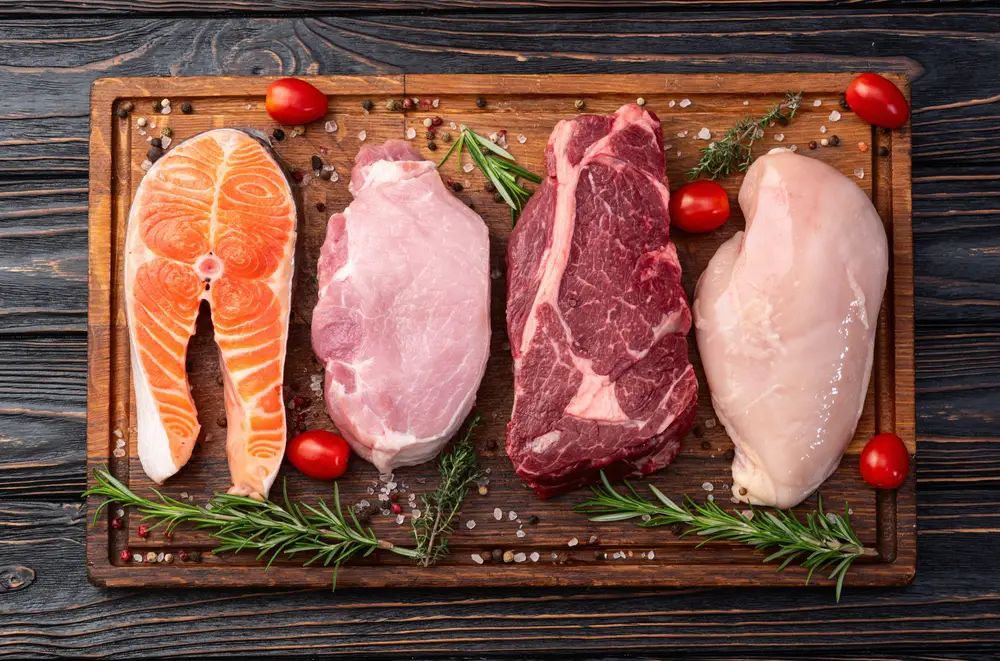
Chicken breast is a lean protein source that many pets find delicious and easy to digest. It’s a great choice if you’re looking to add some variety to your pet’s meals without introducing too many fats or calories. According to Dr. Jennifer Coates, a veterinary expert, chicken is often a safe protein option for pets with sensitivities to other meats. The high protein content is essential for muscle maintenance and energy, which is particularly beneficial for active pets. Just remember to serve it plain, without any seasonings that could upset their stomach.
While chicken is widely considered a safe bet, always ensure it’s thoroughly cooked to avoid any risk of salmonella. Raw or undercooked poultry can be harmful to both pets and humans, so it’s crucial to handle it with care. You can use chicken breast as a topper to your pet’s regular food or as a standalone treat. If your pet enjoys it, you might even consider preparing it in different ways, such as boiling or grilling, to keep things exciting. Just be mindful of how your pet reacts, and consult your vet if you’re ever in doubt about introducing new foods.
2. Carrots
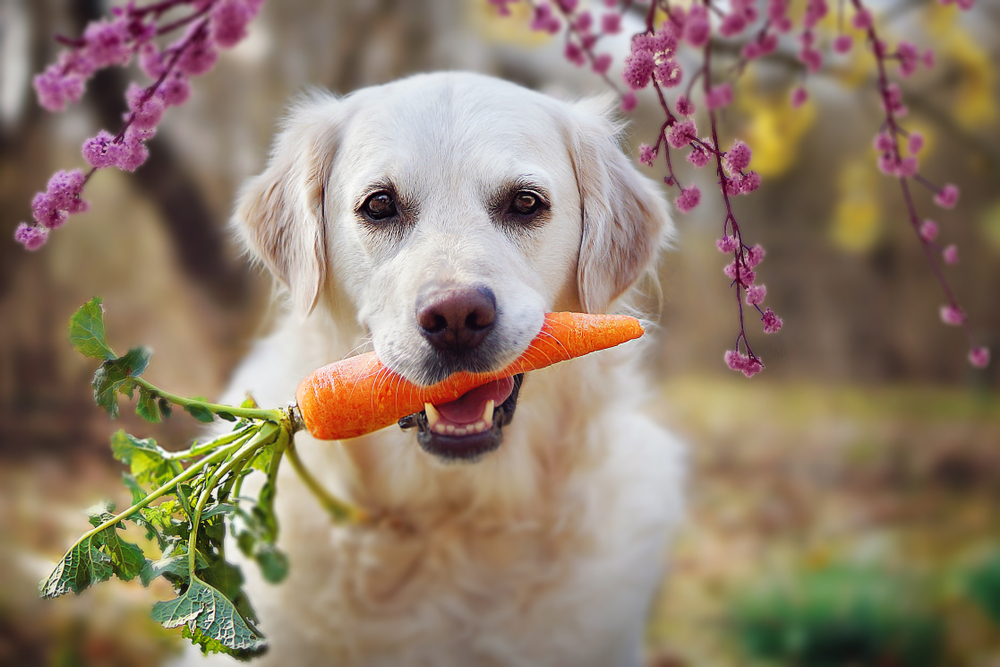
Carrots are a fantastic snack option for pets. They’re crunchy, tasty, and packed with vitamins that are great for their health. This root vegetable is rich in beta-carotene, which is converted into vitamin A in your pet’s body, supporting eye health and immune function. Carrots are also low in calories, which means you can offer them as a guilt-free treat. Whether you give them raw or cooked, they’re bound to be a hit with your furry friend.
One of the best things about carrots is their ability to clean your pet’s teeth naturally. The act of chewing helps to scrape off plaque and tartar buildup, contributing to better dental health. If you’re serving carrots raw, make sure they’re cut into manageable pieces to prevent choking hazards, especially for smaller pets. You might also try steaming them to make them softer for pets with dental issues. It’s a sweet treat that’s as good for their teeth as it is for their taste buds.
3. Sweet Potatoes
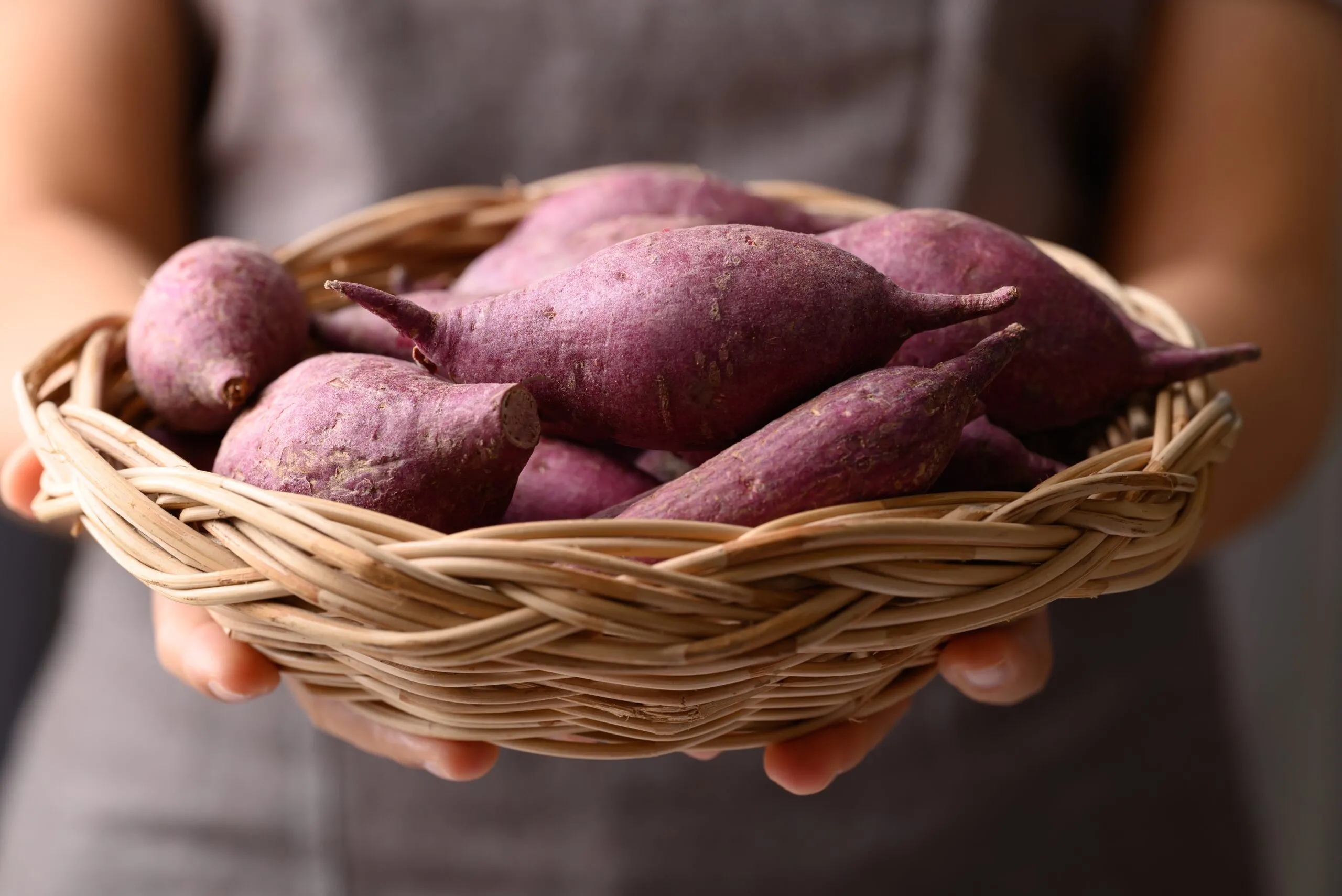
Sweet potatoes are a nutrient-rich option that many pets enjoy. They’re high in dietary fiber, which helps maintain a healthy digestive system. According to Dr. Julie A. Churchill from the University of Minnesota College of Veterinary Medicine, sweet potatoes are a safe and nutritious treat for dogs, particularly those with allergies to other foods. Sweet potatoes are also packed with vitamins A, C, and B6, which can boost your pet’s immune system and overall health. You can bake or boil them, but make sure they’re served plain to avoid any unwanted additives.
This versatile vegetable can be offered in a variety of ways, whether it’s mashed, cubed, or even sliced into homemade chips. Its natural sweetness makes it a palatable choice, and its soft texture when cooked is easy for pets to consume. If you’re using sweet potatoes as a meal supplement, remember to adjust the portion size according to your pet’s dietary needs. Moderation is key, as too much fiber at once could lead to digestive issues. As always, introduce new foods gradually to see how your pet reacts.
4. Salmon

Salmon is a great source of omega-3 fatty acids, which are vital for maintaining your pet’s skin and coat health. It’s also an excellent protein source that supports muscle development and overall vitality. When introducing salmon to your pet’s diet, make sure it’s cooked thoroughly, as raw fish can contain harmful parasites. You can offer it as a main protein in meals or as a special treat on occasion. The rich flavor and nutritional profile make it a fantastic addition to your pet’s diet.
Feeding salmon to your pets can also help reduce inflammation, which is particularly beneficial for older pets suffering from arthritis. The omega-3 fatty acids are known for their anti-inflammatory properties and can contribute to joint health. Like with any new food, introduce salmon slowly to ensure your pet doesn’t have any adverse reactions. Always remove any bones before serving, as they can be a choking hazard. Stick to plain, unseasoned salmon, as added spices and oils can be harmful.
5. Blueberries
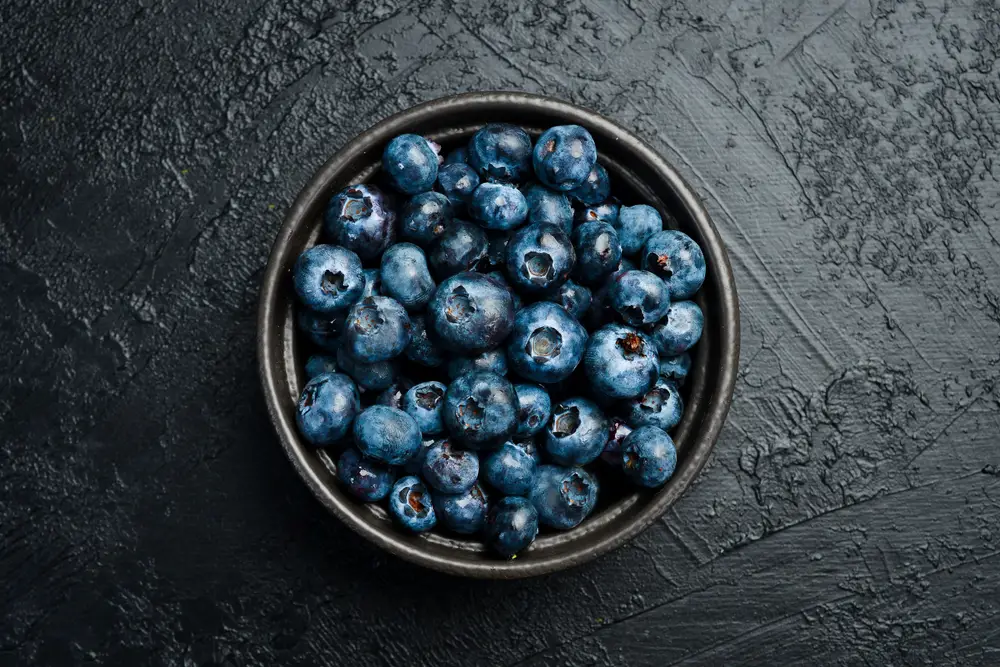
Blueberries are not just a delicious treat for humans; they’re also packed with antioxidants that can benefit your pets. These tiny fruits are known for their high levels of vitamin C and fiber, which can aid in boosting your pet’s immune system and improving digestive health. Dr. Ernie Ward, a veterinary expert, highlights that blueberries are one of the best natural snacks you can offer your furry friend due to their low calorie content and high nutritional value. You can serve them fresh or frozen, making them a versatile treat for any season. Just a handful at a time is enough to provide their health benefits without overwhelming your pet’s system.
Apart from being a low-calorie treat, blueberries also help combat oxidative stress in your pet’s body. This can contribute to a longer, healthier life by reducing the risk of chronic diseases. Make sure to wash them thoroughly before serving to remove any pesticides or chemicals. You can also mash them and mix them into your pet’s food for added flavor and nutrition. As with all treats, moderation is key to prevent any digestive upset.
6. Pumpkin
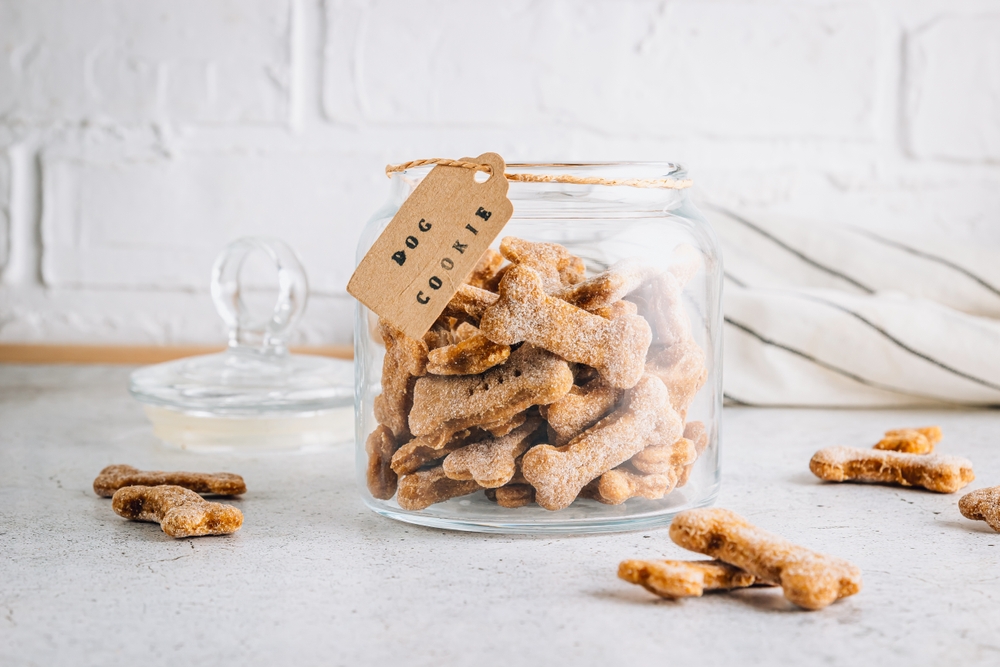
Pumpkin is a fantastic addition to your pet’s diet, especially if they have digestive issues. It’s high in fiber and can aid with both diarrhea and constipation, helping to regulate your pet’s digestive system. The natural moisture content can also help keep your pet hydrated. Pumpkin is rich in vitamins A and C, which support immune health and vision. Whether canned or fresh, pumpkin can easily be mixed into your pet’s regular meals.
One of the best things about pumpkin is its versatility. You can add it to homemade pet treats or simply mix it into their existing diet as a supplement. Make sure if you’re using canned pumpkin, it’s plain without added sugars or spices. Start with a small amount to see how your pet reacts, as too much fiber can upset their stomach. It’s always a good idea to consult your vet when introducing new foods, especially if your pet has specific health concerns.
7. Green Beans

Green beans are a low-calorie treat that can be a healthy addition to your pet’s diet. They’re full of vitamins such as A, C, and K, as well as minerals like iron and calcium. Dr. Donna Spector, a veterinary nutritionist, notes that green beans can be particularly beneficial for pets needing to lose weight, as they offer a low-calorie filler to help them feel full. You can serve them raw, steamed, or boiled, but avoid adding salt or seasonings. Their crunchy texture can also help satisfy your pet’s natural chewing instincts.
These veggies are not only beneficial for weight management but also contribute to overall health. Green beans are a good source of dietary fiber, which can aid in digestion. Additionally, they contain antioxidants that help fight free radicals in your pet’s body. When serving green beans, cut them into bite-sized pieces to reduce the risk of choking. As always, introduce them slowly to gauge your pet’s reaction, and adjust portions based on their specific dietary needs.
8. Apples

Apples are a great source of vitamins A and C, and they offer a refreshing crunch that many pets enjoy. They’re also high in fiber, which aids in digestion. When serving apples to your pets, make sure to remove the seeds and core, as they can be harmful. You can slice them into small pieces for an easy snack or mix them into your pet’s food for added flavor. Their natural sweetness makes them a great alternative to store-bought treats.
Apples can also help clean your pet’s teeth, as their crunchiness scrapes off tartar and plaque. This makes them not only a tasty treat but also a beneficial one for dental health. However, because of their sugar content, it’s best to serve apples in moderation. Too many can upset your pet’s stomach or lead to weight gain. Just a few slices now and then can provide the benefits without the downside.
9. Brown Rice
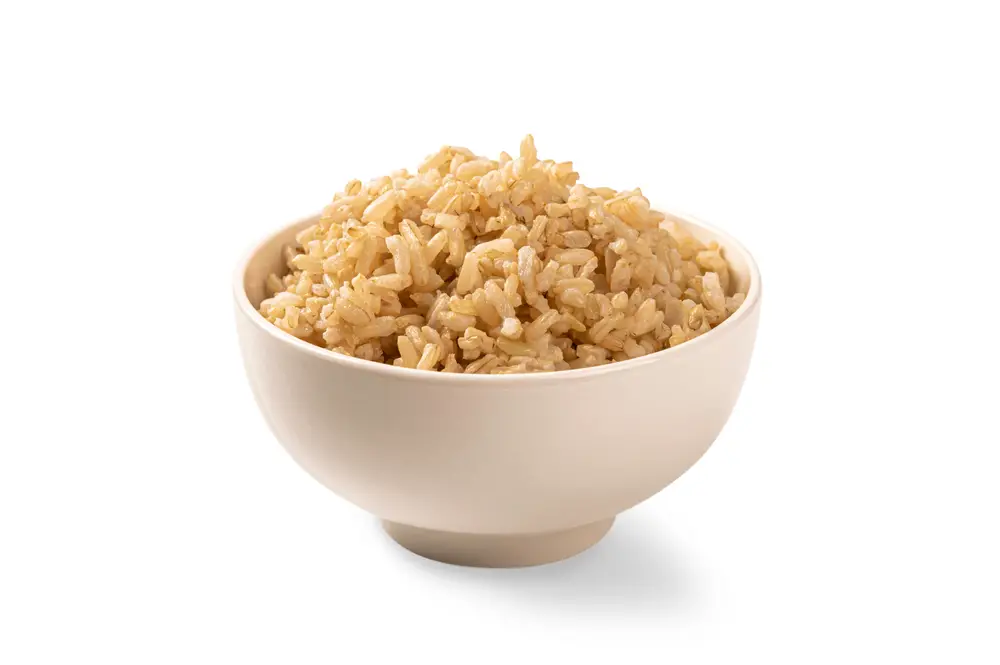
Brown rice is a wholesome grain that can be a good carbohydrate option for pets. It’s more nutritious than white rice, retaining the bran and germ, which provides fiber and essential nutrients. Brown rice is easy to digest and can be particularly beneficial for pets with sensitive stomachs. You can mix it with other foods or serve it on its own as a light meal. It’s a great way to add bulk to your pet’s diet without adding unnecessary fats.
Adding brown rice to meals can help with digestive issues like diarrhea, offering a gentle and soothing option. The fiber content also aids in regulating bowel movements, making it a reliable choice for maintaining digestive health. Make sure to cook the rice thoroughly, and avoid adding any salt or seasonings. As with any new food, start with small portions to see how your pet handles it. Consulting your vet is always a good idea, especially if your pet has particular dietary restrictions.
10. Oatmeal
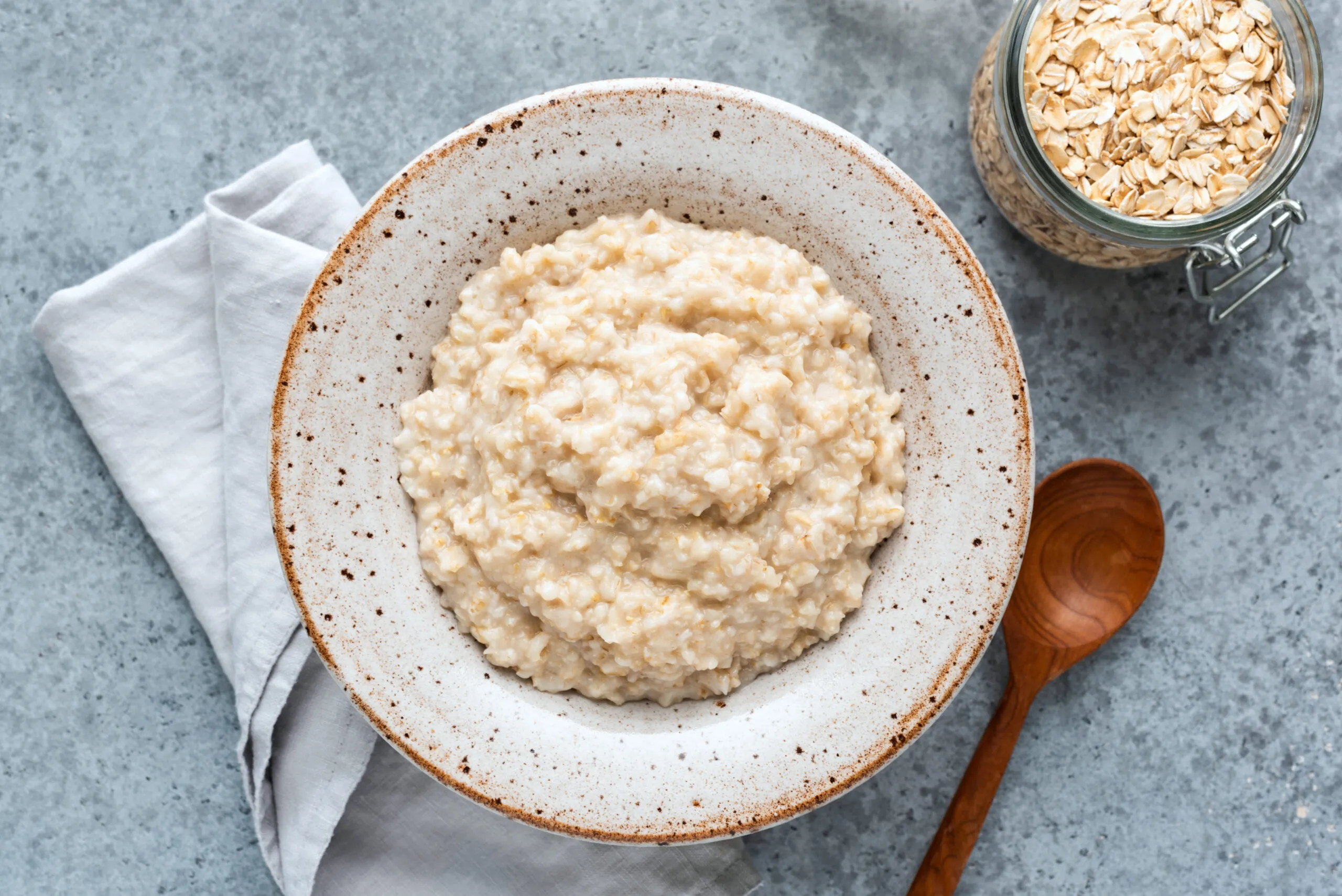
Oatmeal is another grain that’s safe and nutritious for pets. It’s a great source of soluble fiber, which is beneficial for pets with digestive issues or irregular bowel movements. Oatmeal is also rich in vitamins, minerals, and antioxidants that support overall health. You can serve it cooked and plain, making sure it’s cooled down before offering it to your pet. It’s particularly useful for pets with grain allergies, as it’s generally well-tolerated.
Beyond digestion, oatmeal offers benefits for skin health, particularly for pets with itchy or sensitive skin. The nutrients found in oats help reduce inflammation and support a healthy coat. To prepare, use water instead of milk, as many pets are lactose intolerant. Start with small servings and observe how your pet responds. As with any dietary changes, it’s wise to consult your vet for personalized advice.
11. Yogurt

Yogurt can be a healthy addition to your pet’s diet, thanks to its probiotics, which support gut health. It’s high in calcium and protein, making it a nutritious snack or meal supplement. When choosing yogurt, opt for plain, unsweetened varieties to avoid unnecessary sugars and additives. A few spoonfuls can be mixed with your pet’s regular food or served as a treat. Just ensure your pet isn’t lactose intolerant before introducing yogurt to their diet.
In addition to digestive benefits, yogurt can also help with immune support. The probiotics found in yogurt are known to bolster the immune system, contributing to overall wellness. If your pet is trying yogurt for the first time, start with a small amount to gauge their tolerance. Some pets may not handle dairy well, so it’s crucial to monitor their reaction. Always consult your vet if you’re unsure whether yogurt is a suitable choice for your pet.
12. Eggs
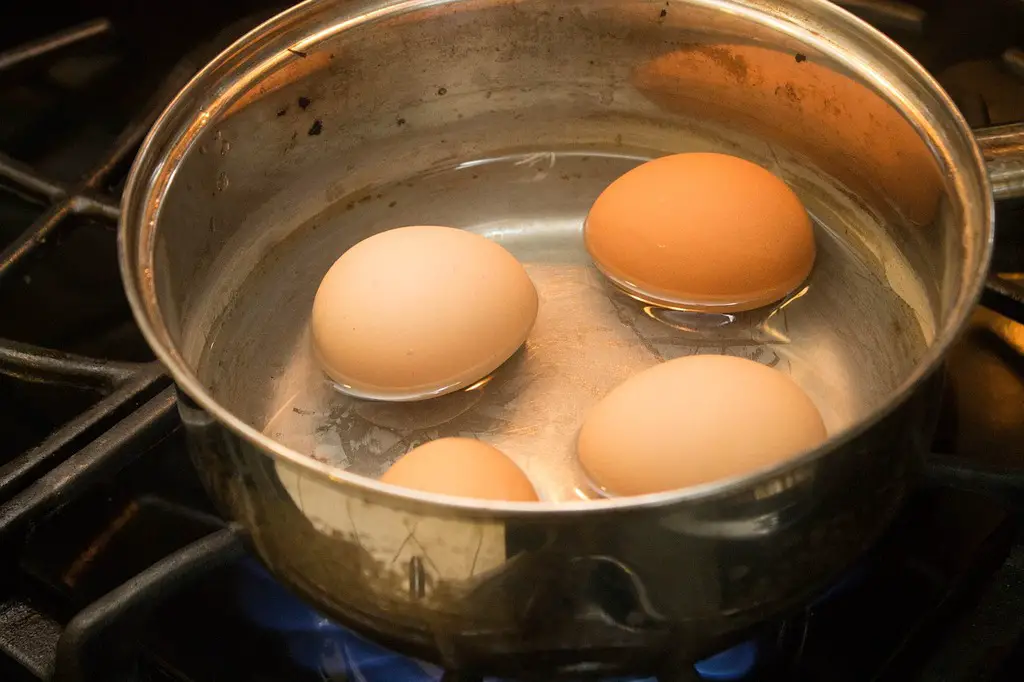
Eggs are a complete source of protein and can be a nutritious treat for your pets. They contain essential amino acids and fatty acids that contribute to skin and coat health. You can serve them boiled or scrambled, but make sure they’re cooked thoroughly to eliminate any risk of salmonella. Eggs are versatile and can be mixed with other foods for added protein. They’re a simple yet effective way to enhance your pet’s diet.
While eggs are a great protein source, it’s important not to overdo it. Too many eggs can lead to weight gain or upset stomachs due to their fat content. Start with a small portion and observe your pet’s reaction. If they enjoy eggs and handle them well, you can continue to include them in their diet occasionally. As with any new food, consulting your vet can provide peace of mind and guidance tailored to your pet’s needs.
13. Peas
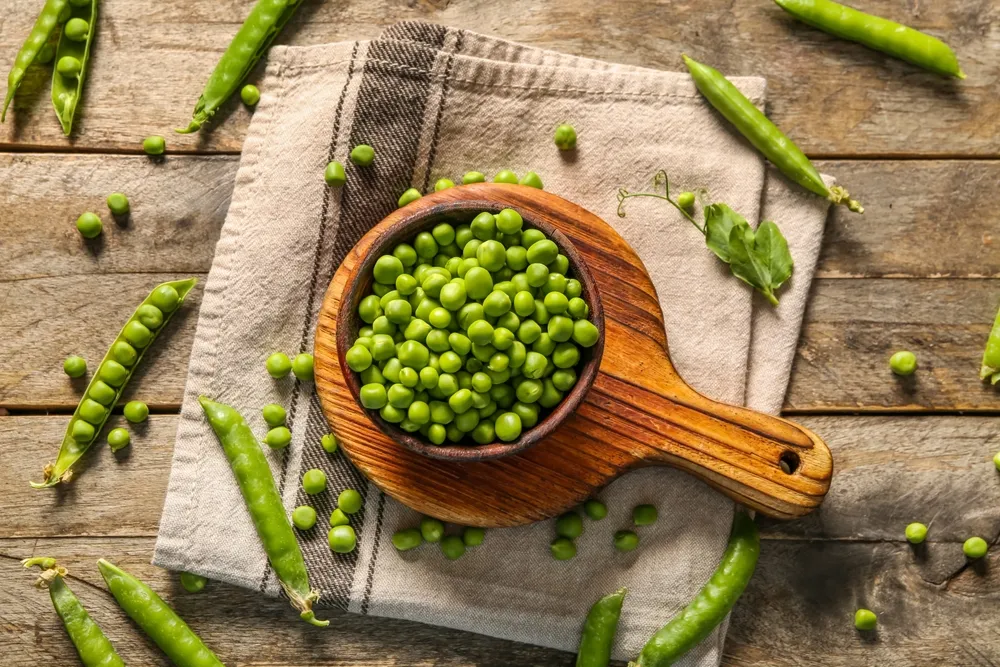
Peas are a small but mighty addition to your pet’s diet, offering a wealth of nutrients. They’re high in vitamins A, K, and B, as well as minerals like iron, zinc, and potassium. Peas are also a good source of fiber, which supports digestion and helps maintain a healthy weight. You can serve them fresh, frozen, or cooked, but avoid adding any salt or seasoning. Their small size makes them easy to mix into your pet’s meals or offer as a standalone snack.
These little legumes are not just nutritious but also tasty, making them a popular choice among pets. Peas can help support energy levels due to their carbohydrate content, which is beneficial for active pets. If you’re using them as treats, remember to keep portions small to prevent overfeeding. As with all foods, introduce peas gradually and monitor your pet’s reaction. Consulting your vet can help ensure you’re making the best dietary choices for your pet.
14. Bananas

Bananas are a sweet and healthy treat that most pets will enjoy. They’re rich in potassium, vitamins, and fiber, which support heart health and digestion. Bananas are also low in cholesterol and sodium, making them a heart-friendly option. You can slice them into small pieces for a quick snack or mash them and mix them into your pet’s food. Their natural sweetness makes them an appealing alternative to processed treats.
While bananas are nutritious, they should be served in moderation due to their sugar content. Too much banana can lead to digestive issues or weight gain, so it’s best to offer them as an occasional treat. If your pet has never tried a banana before, start with a small piece to see how they react. Always keep an eye on your pet after introducing new foods to ensure they tolerate them well. As with all dietary changes, a vet’s advice is invaluable in making the best choices for your pet’s health.
15. Broccoli
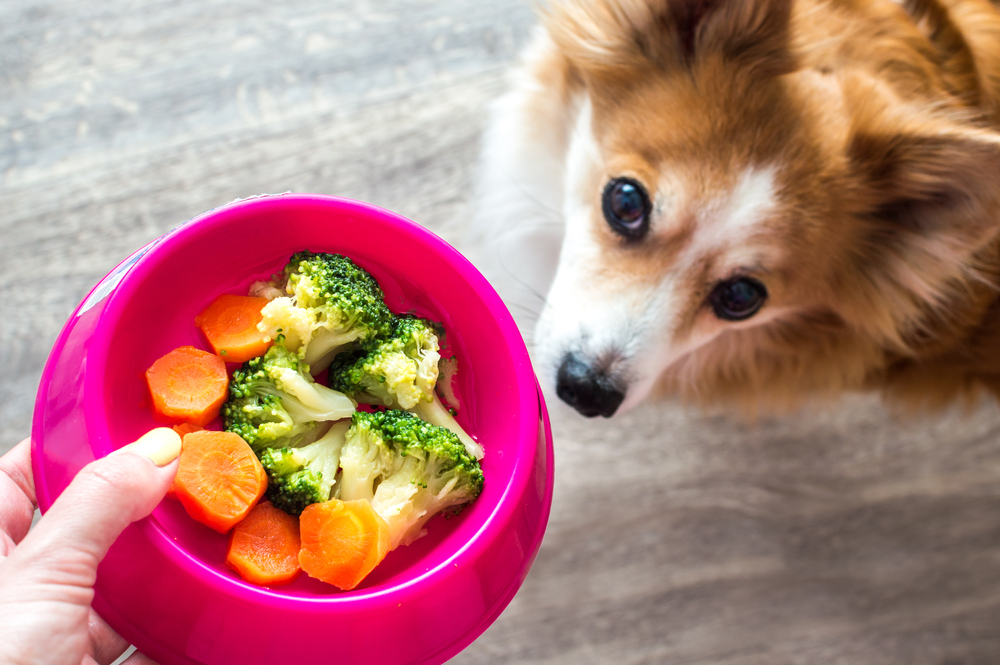
Broccoli is a nutrient-dense vegetable that can be a healthy addition to your pet’s diet. It’s high in vitamins C and K, which support immune function and bone health. Broccoli also contains antioxidants that help combat inflammation and promote overall wellness. You can serve it steamed or raw, but make sure it’s chopped into small, manageable pieces to prevent choking. Its crunchy texture and mild flavor make it a hit with many pets.
Despite its health benefits, broccoli should be given in moderation due to compounds that can cause gastric irritation in large amounts. Start with a small portion to see how your pet handles it, and gradually increase if they enjoy it. The fiber content can aid in digestion, but too much can lead to stomach upset. As always, it’s wise to consult your vet when making changes to your pet’s diet, ensuring their unique needs are met.
